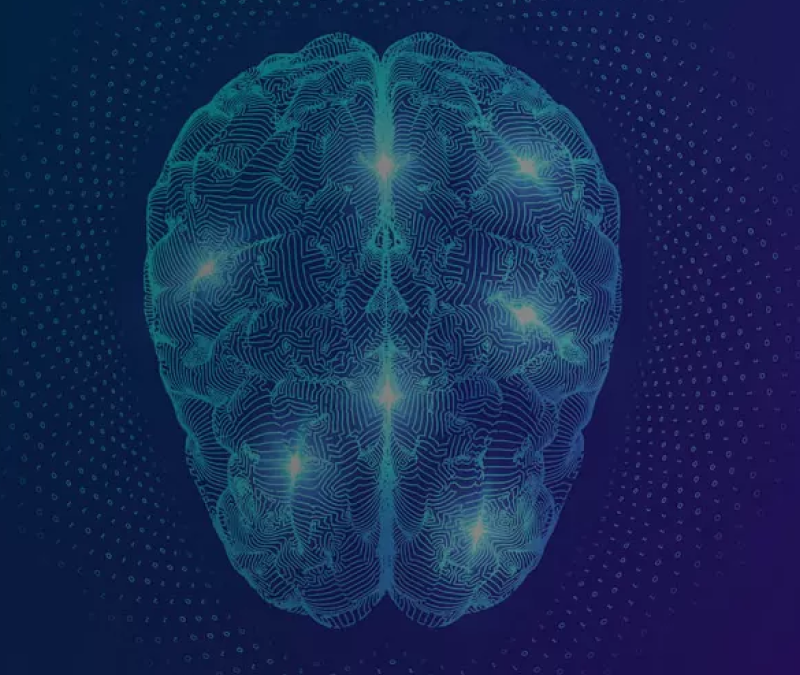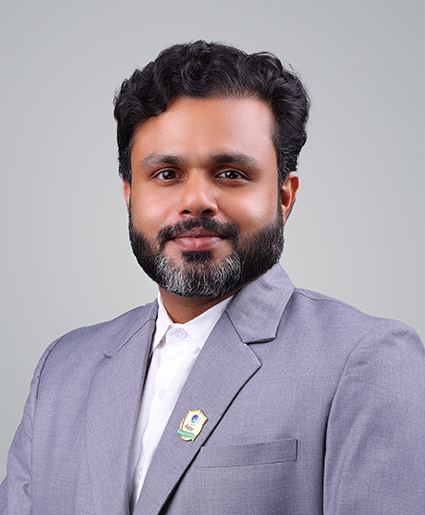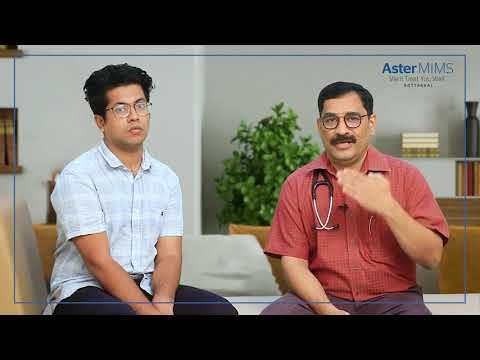The Department of Neurology, Aster MIMS Kottakkal, is a premier facility that offers a complete range of clinical services for evaluating, preventing and treating neurological diseases. Combining neurology, neuropsychology, and psychiatry, we provide individualised patient care throughout the full spectrum of diseases and conditions affecting the brain, such as stroke, epilepsy, Parkinson's disease and many others. We strive to deliver a comprehensive biopsychosocial assessment to provide an integrated treatment experience for all. By providing cutting-edge diagnostics and innovative treatment solutions, we are dedicated to returning to quality of life and facilitating a happier existence for our patients. We are committed to holistic treatment focusing on mental health and have created a niche for ourselves as a quality neurological care provider in Kerala.
Services & Facilities:
24/7 Neurological and Neuro Surgery care
Cerebral & Spinal Angiogram
Management of Epilepsy, Botox, Movement Disorders, & Neuromuscular Disorders
Behavioral Neurology
Electrophysiology Lab with Digital EEG with Brain Mapping, Video EEG, EMG, Nerve Conduction & Evoked Response Testing facilities
1.5 T High Definition MRI
Thrombolytic Therapy for acute Ischemic stroke using rt-PA
Surgical Procedures
Medical and Diagnostic Procedures
Ultrasound for interventional procedures
Our Doctors
We have some of the best specialists from around the world, they bring years of experience and offer evidence-based treatment to ensure the best care for you.
Patient Stories
Our patients are our best advocates, hear the inspiring stories of their treatment journey








